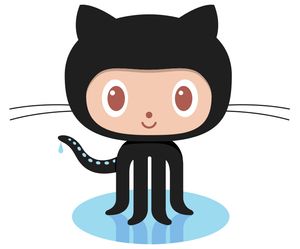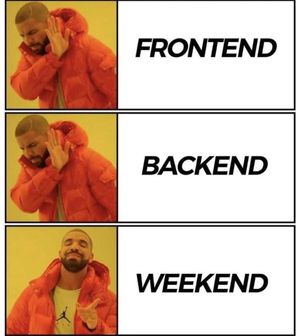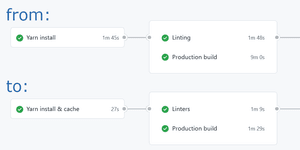Notes on Automation

How to Exclude Playwright Test Traffic from Google Analytics
. 12 min read.
Let's filter out automated UI tests traffic from Google Analytics. We will use Playwright's configuration file to set up a debug_mode variable on browser's localStorage to be picked up by Google Analytics configuration. This way we can run our automated tests in any environment with any client IP and be certain that Google Analytics data is not being polluted.
GitHub Actions Set Output Migration For Multiline Pull Request Comments
. Last updated on . 5 min read.
Since set-output command is now deprecated, we will replace it with the new shiny $GITHUB_OUTPUT (and other Environment files) syntax. We will also see if, instead of posting comments on pull request pages, we can leverage the new Job Step Summary approach. Which makes adding custom markdown reports and log messages to our GitHub workflow runs super easy.
Invalidate or Clear GitHub Actions Cache
. Last updated on . 4 min read.
Cache invalidation is one of the most complex computer science tasks. Especially so for GitHub action workflows, since there is no explicit mechanism to clean or invalidate present caches. However, what we can do - is to update cache keys with a dedicated environment or repository variable.
Github Actions for Dependabot PRs
. 4 min read.
Let's learn how to extend existent Pull Request Update GitHub Actions workflow with steps specific for Dependabot pull requests (i.e. labels). We will add two jobs to the existent pull_request workflow and experiment with separate "before" and "after" workflow_run event workflows. Fortunately, after the recent GitHub actions update we don't need to use a separate pull_request_target event workflow as a workaround.
Optimize GitHub Actions for UI Builds and Tests with Cache
. 8 min read.
GitHub Actions is an awesome and very powerful tool. Let's explore workflow running time optimizations with caching node_modules and production build artifacts. We will be using "Dependency Cache" GH Actions feature driven by "actions/cache". Hint: as always, cache invalidation is a key.